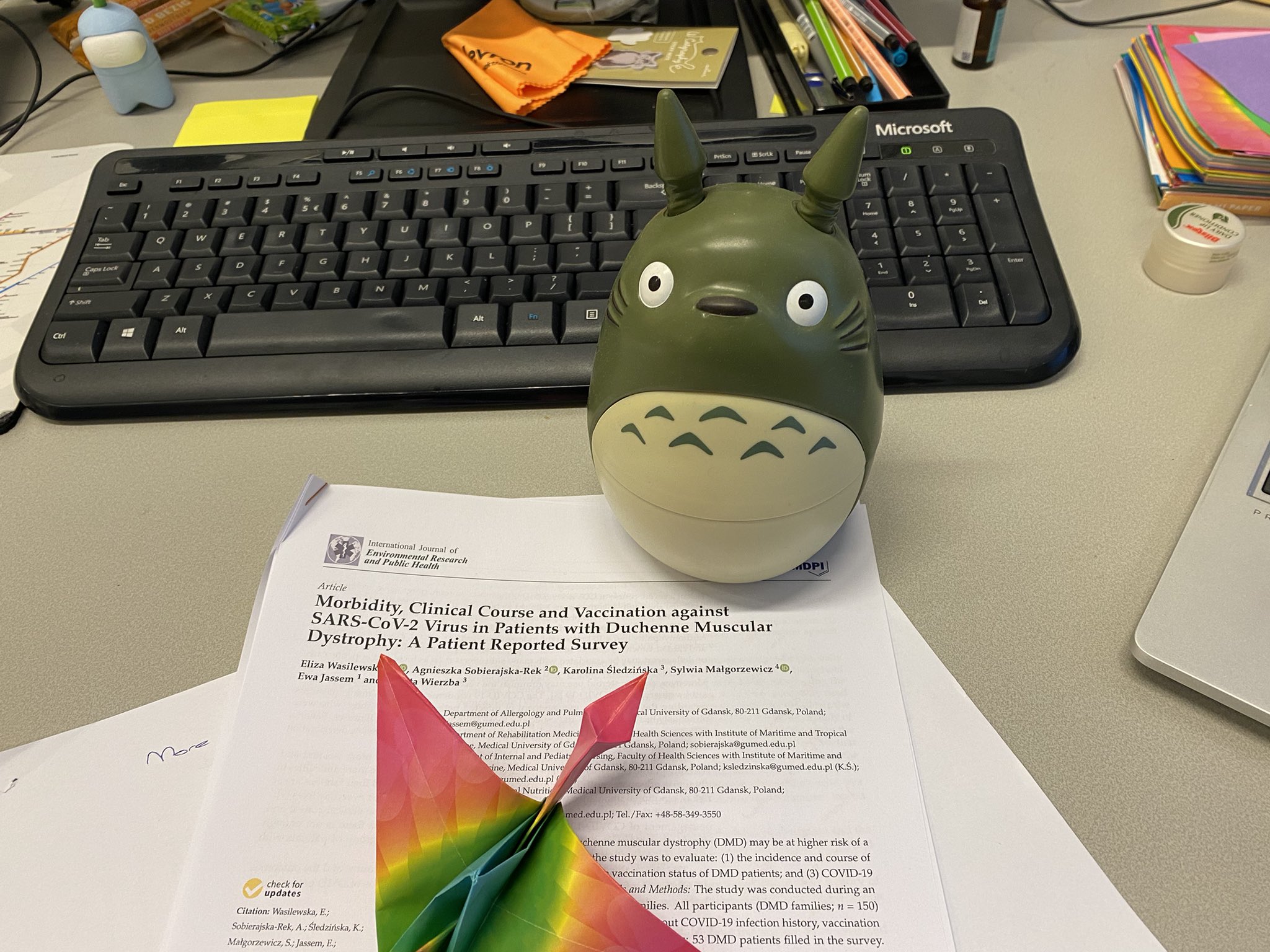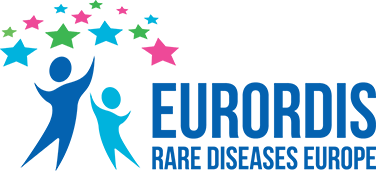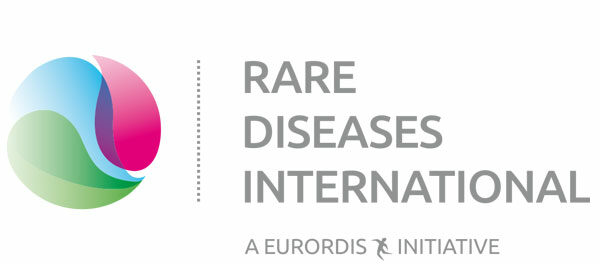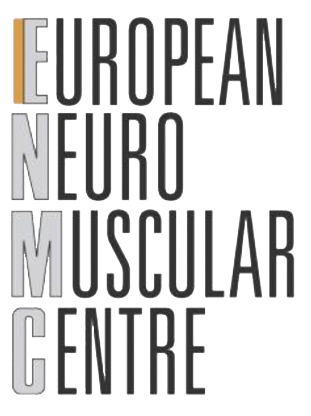#apaperaday: Morbidity, Clinical Course and Vaccination against SARS-CoV-2 Virus in Patients with Duchenne Muscular Dystrophy: A Patient Reported Survey
In today’s #apaperaday, Prof. Aartsma-Rus reads and comments on the paper titled: Morbidity, Clinical Course and Vaccination against SARS-CoV-2 Virus in Patients with Duchenne Muscular Dystrophy: A Patient Reported Survey.
Today’s pick is from the international journal of environmental research and public health by Wasilewska et al on different aspects of COVID-19 in Duchenne patients in Poland. DOI 10.3390/ijerph19010406
As probably everyone knows there are risk factors for hospitalization with COVID-19 infections, that include obesity and respiratory tract diseases. Duchenne patients often are obese (due to chronic steroid use and less physical activity) and develop respiratory problems.
Furthermore, due to chronic steroid use, the immune system is chronically suppressed, thus less able to combat infections, such as COVID-19. Consequently many DMD families were/are self isolating. Additionally, the multidisciplinary care is reduced due to the pandemic.
Authors here did an inventory about COVID-19 infections, vaccination status and anxiety using an online questionnaire. 53 families responded. 75% of patients were on steroids and 41% were non ambulant. The majority of patients were of school age.
Of the 53 patients, 5 had been infected with COVID-19: 3.5, 6, 9, 21 and 23 years old. Fortunately all infections were mild, patients fully recovered and none had to be hospitalized. Of the 53 patients 42% were vaccinated. Note: some patients were <12 years so not eligible.
Authors queried the reasons for not vaccinating in eligible patients. This was due to anxiety with either the process or the potential complications of the vaccination. At the same time, >90% of families also had anxiety for contracting COVID-19 and its consequences for DMD.
Authors were also anxious due to reduced care provided during the pandemic. Authors discuss the other reports of COVID-19 infections in DMD patients around the world. Fortunately, the disease is mild in most DMD patients.
Care is often provided online via telemedicine. This reduces risks of patients being infected at the hospitals and reduces a travel burden. However, some analyses are not possible at home (echo, MRI) and in person physiotherapy instructions are preferred over online versions.
Notably some families prefer online instructions and care. Hopefully in the future things can be tailored to what patients and families need. Finally, authors conclude that education about vaccination is needed for patients with rare diseases like DMD to reduce anxiety.
I commend the authors for doing this analysis. We are learning more and more about COVID-19 and Duchenne. I especially like the anxiety angle. The pandemic is hard on all of us, but especially on families with chronic conditions.
Pictures by Annemieke, used with permission.







